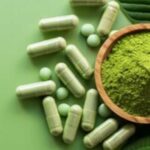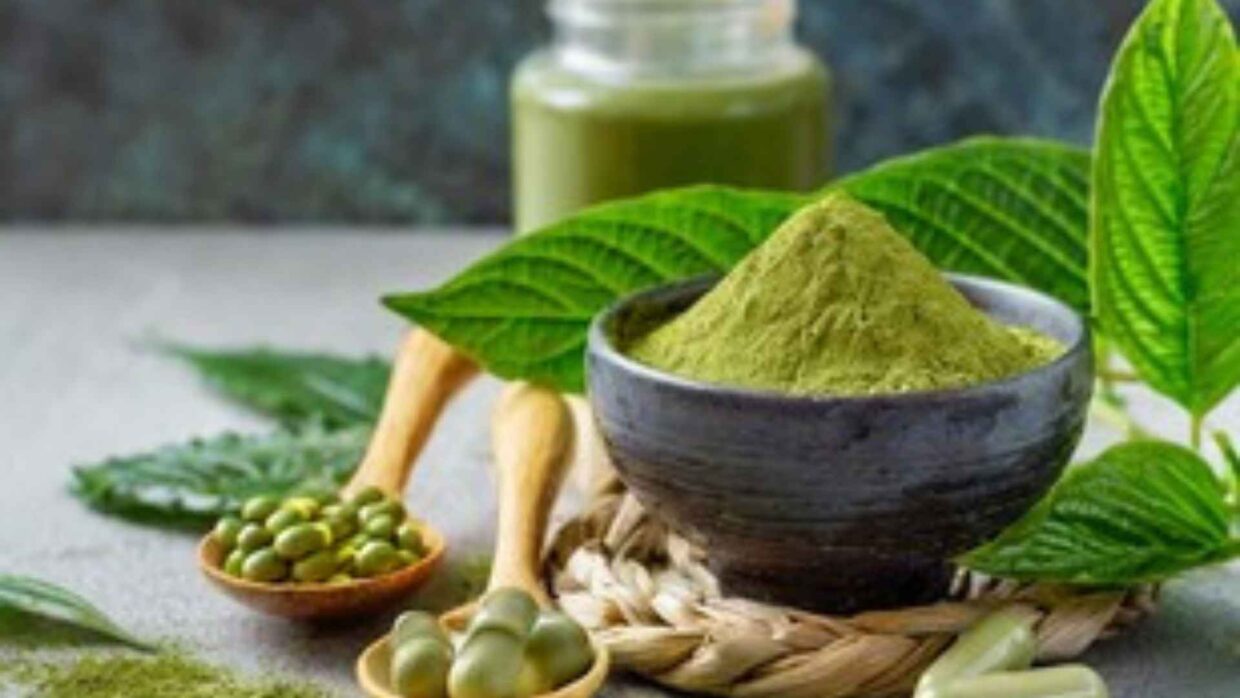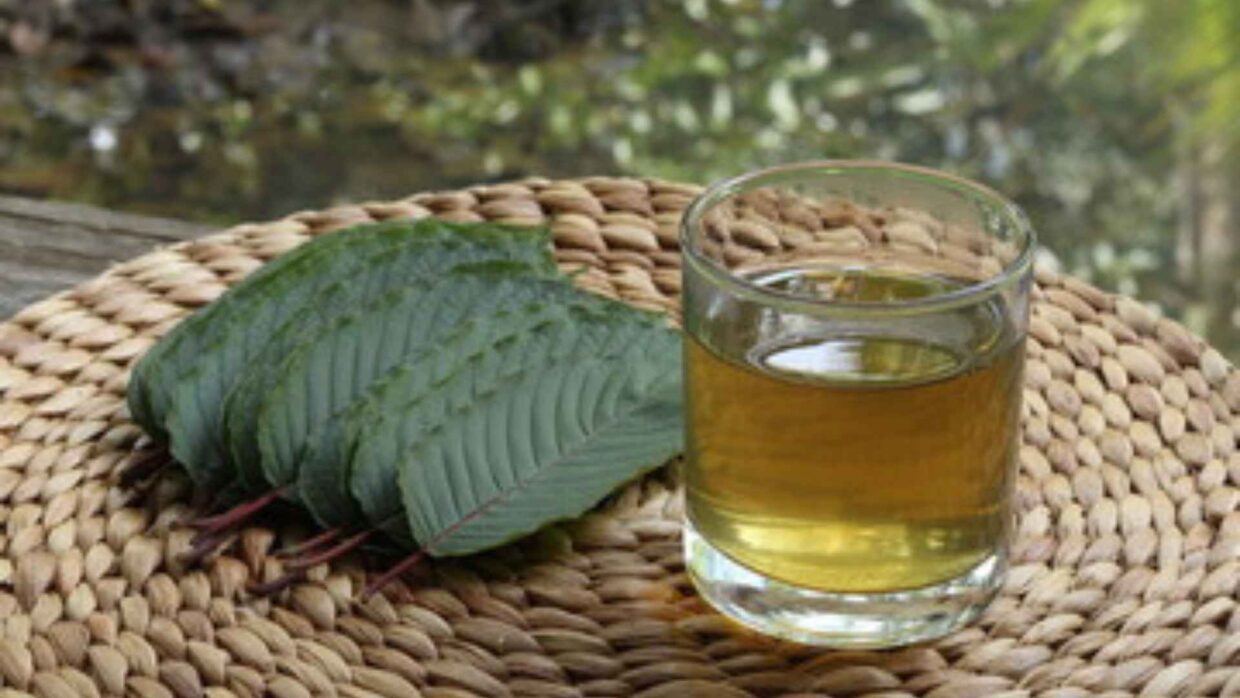Over the last few months, health officials in the United States have intensified their crackdown on a highly potent and potentially dangerous compound known as 7-hydroxymitragynine, commonly referred to as 7-OH.
Derived from the kratom plant, this powerful compound has rapidly gained popularity but has also raised significant safety concerns. This surge in use has prompted regulatory actions across the nation led by the Food and Drug Administration (FDA), the Department of Health and Human Services (HHS), and other prominent officials.
What is 7-OH?
7-OH is an alkaloid in Kratom (Mitragyna speciosa), a tree of the tropics, native to Southeast Asia. Although the natural kratom leaves were traditionally used due to stimulant and pain-relieving effects, the concentrated 7-OH compounds that have been sold in forms such as gummies, capsules, and shots of drinks are potent and have opioid-like effects.
Researchers have termed 7-OH as a super strong opioid compound and can be called legal morphine because of its high reactivity with opioid receptors in the brain.
The Rising Popularity and Risks
Since entering the market in 2023, kratom extracts containing 7-OH have gained traction, especially in convenience stores, gas stations, and online outlets. Many people use these products for pain relief, mood enhancement, or opioid withdrawal support.
Federal surveys and independent studies estimate that over 20 million Americans have used kratom products. This widespread use raises concerns about exposure to unregulated substances.
The FDA and HHS emphasize that these concentrated 7-OH products are unsafe and lack scientifically proven medicinal benefits. Unlike natural kratom leaf products, these derivatives have not undergone rigorous safety or efficacy testing.
Health risks associated with 7-OH include respiratory depression, addiction, liver toxicity, seizures, and even death. Authorities also warn that brightly packaged, candy-like forms of these products may especially appeal to children and young adults.
Regulatory Actions Underway
In July 2025, the FDA took immediate action by sending many warning letters to seven companies that engaged in illegal marketing of products with 7-OH, such as tablets, gummies, and drink mixes. The FDA stated that 7-OH is not legal in dietary supplements or foods, and that it is not found in any of the FDA-approved drugs.
Further, the FDA recommended that 7-OH be classified as a Schedule I controlled substance under the Controlled Substances Act, placing it alongside heroin, LSD, and other illicit opioids. This classification would make the manufacture, distribution, and possession of 7-OH products illegal nationwide and subject to federal penalties.
At a high-profile press conference, key officials, including Health Secretary Robert F. Kennedy Jr., FDA Commissioner Marty Makary, and U.S. Senator Markwayne Mullin, outlined the federal government’s commitment to protecting public health by restricting access to these potent, synthetic opioid-like products.
What Does This Means For Consumers?
Consumers should exercise caution regarding kratom supplements or over-the-counter pain relievers that contain concentrated 7-OH. To remain safe, it is advisable to avoid unregulated products and consult healthcare professionals when seeking pain management or opioid withdrawal treatment.
Since laws concerning kratom and its derivatives vary by state, staying informed about local regulations is important. The FDA continues to monitor the situation and encourages consumers to report any adverse effects related to kratom or 7-OH products.
Final Thoughts
Federal agencies acknowledge that much about kratom and its compounds, including 7-OH, remains unknown. While kratom itself continues to be widely used, the focus on regulating concentrated opioid derivatives reflects growing concerns over public safety and the potential emergence of a new opioid-related crisis.
Further research is essential to fully understand the pharmacological effects and risks of kratom. Meanwhile, regulatory vigilance aims to remove dangerous substances from the market and protect Americans from unapproved and potentially lethal opioid products.
This crackdown on 7-hydroxymitragynine marks a significant development in U.S. drug policy and highlights the challenge of balancing natural product use with opioid safety concerns. Stay informed, prioritize safety, and consult healthcare providers regarding any substance use or treatment decisions.
More Readings For You:










